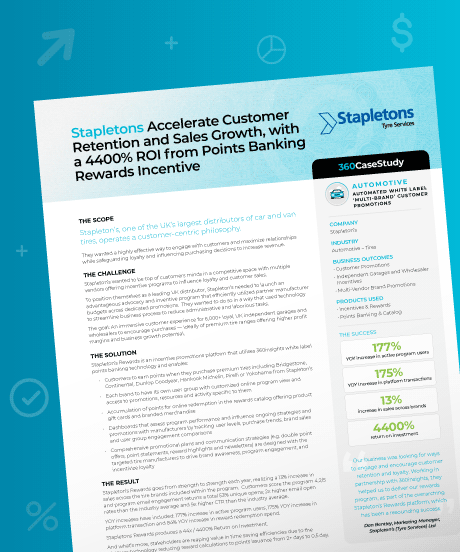A Smart Incentive Program refers to an incentive strategy that uses data-driven technology to design and manage rewards that motivate desired behaviors among customers, employees, or partners. Unlike traditional incentive programs, which often rely on fixed, uniform rewards, smart programs continuously adapt incentives based on performance metrics and engagement patterns. This can help ensure that rewards align closely with both business goals and individual contributions.
In practice, a smart incentive program includes:
- The analysis of participant actions in order to tailor rewards dynamically
- The integration of multiple communication channels for timely incentive delivery
- The tracking of outcomes to measure effectiveness and optimize future programs
Organizations often employ smart incentive programs with the goal of encouraging higher productivity and performance through more relevant and personalized rewards. For example, a retail chain might use such a program to boost sales by giving frontline employees bonuses linked directly to customer satisfaction scores and sales targets.
By making incentives “smart” (i.e. more responsive and targeted), these programs can drive stronger engagement that traditional one-size-fits-all rewards may lack, ultimately supporting sustained growth and stronger relationships across the business ecosystem.
Foster Long-Lasting Relationships to Drive Incremental Business

Case Study
Automotive: Accelerating customer retention and sales growth
Automotive distributor Stapletons, were looking for a highly effective way to engage with customers and maximize relationships while safeguarding loyalty and influencing purchasing decisions to increase revenue.
See how 360insights created an immersive incentive promotion platform, that rewarded independent garages and wholesalers for their purchases.
This award-winning program produces a 4400% return on investment and sees a 177% increase in active users YOY, increasing transactions by 175%.
